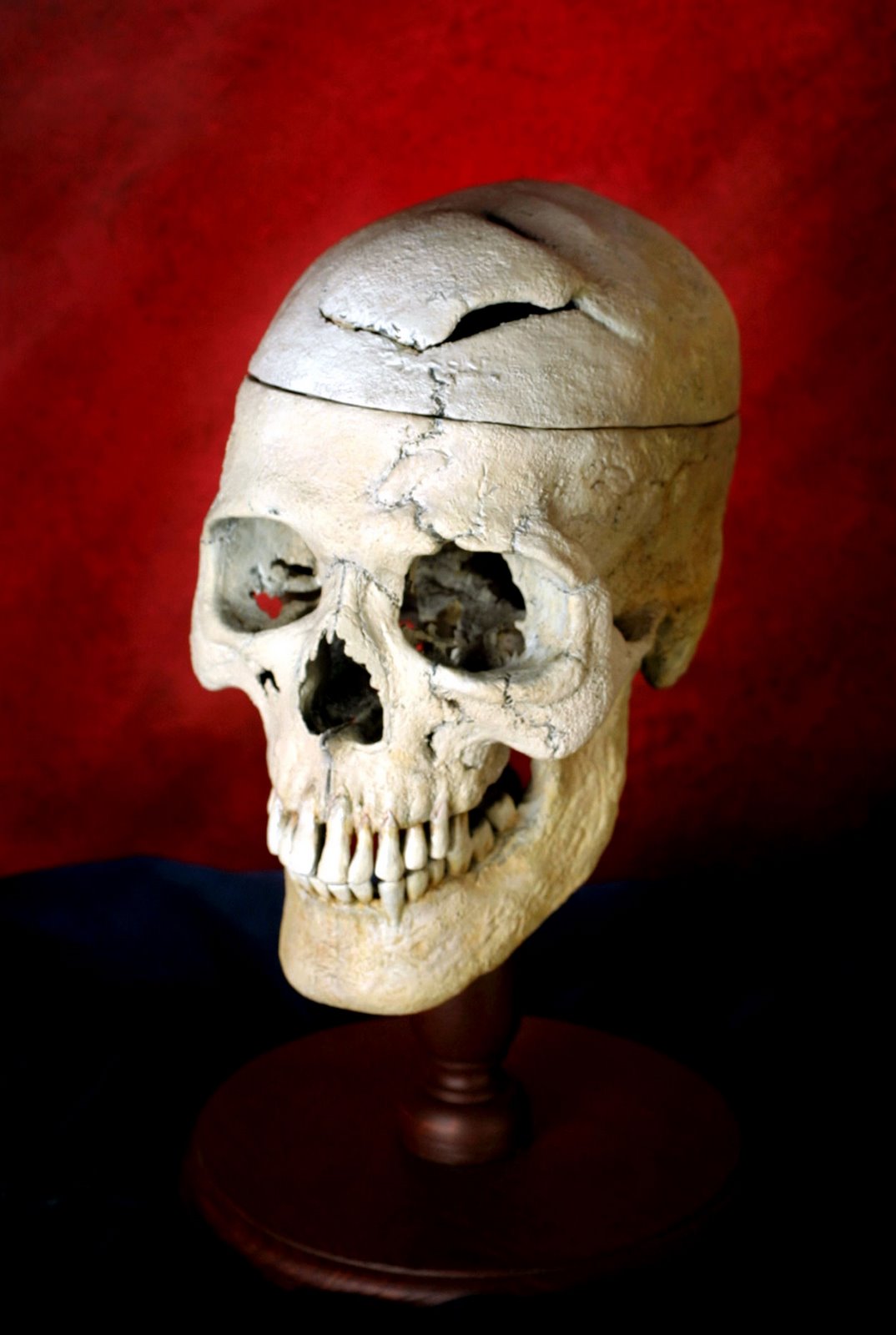Grey's Anatomy -- "Save Me"
This episode's title was "Save Me," and the plot synopsis from the abc.com website is as follows:
Meredith grows increasingly dissatisfied with the unknown details of Derek's life. Meanwhile, Alex treats Devo, a patient whose religious beliefs jeopardize her chances for recovery; Izzie contemplates reconnecting with her estranged mother; Zoey, a pregnant woman in her 40s who's been diagnosed with cancer, disagrees with Cristina's medical advice; and the interns are mystified by Cable, a patient who's being treated for seizures and who thinks he's psychic.
The show seems to be hitting its rhythm in terms of developing the relationship between Meredith (Dr. Grey) and Derek (the neurosurgeon), with an abundance of witty banter and a gradual peeling back of Derek's layers. Unfortunately, Cristina -- the heartless mannequin in scrubs -- continues to make me want to send the remote control hurtling through the television screen. I can thankfully say that I have yet to encounter any such insufferable personalities in medicine, and I hope that trend continues.
As for the medical details of the show -- well, I think they still need serious help from an actual physician. If any of the writers would like my assistance in that regard and happen upon this blog at some point in the future, I hope they consider this my offer to provide much needed consultation for a nominal fee.
* One of the patients on the show had a temporal lobe arteriovenous malformation (AVM). Interestingly, the writers hit upon a truth in suggesting that such a lesion can cause seizures and behavioral changes which could be mistaken for psychic phenomena; indeed, temporal lobe masses such as AVMs are classic causes of "uncinate fits," in which patients exhibit bizarre patterns of activity, olfactory hallucinations, and other unusual phenomena. Unfortunately, the writers missed the mark in suggesting that an AVM is a lesion necessitating immediate therapy. Unless it has already begun to bleed, AVMs typically have a lifelong risk of rupture of roughly 2-4% per year. Given that the patient in question was young, he should have been advised to receive treatment, but it needn’t have proceeded in any sort of hasty fashion. In fact, depending upon the size and exact location of the AVM, he might have been a candidate for non-invasive radiosurgery to ablate the lesion rather than an open neurosurgical procedure. Such a treatment takes a longer time and carries with it the risk of rupture of the AVM before efficacy is achieved, but it spares the patient the considerable risks of morbidity/mortality from surgery.
* Another patient on the show had an ascending paralysis that prompted Derek to take him to the operating room for removal of a presumed expanding hematoma. It’s pretty darn unlikely that an MRI would lack the sensitivity to visualize a lesion large enough to compress the spinal cord; the only way that such scenario would be likely to occur would be if the spinal canal were particularly narrow, which of course would itself be evident on MRI.




7 Comments:
Yay! He's back!
Hm... I don't know if you've mentioned this before, but I noticed something that really disturbs me when I was watching this episode.
When one of the interns (Christina?) were checking for pupil reflexes, she aimed the light from her pen torch directly into the guy's eyes (the psychic?). Now, if she can read MRIs, why is she doing the pupilary reflexes wrongly? The right way is to shine the light from the side instead of directly into the eye.
Medical dramas always get this bit wrong, like defibrillating asystolic patients.
Glad to see that you're back!
I think you are officially addicted now...
Thanks for the welcome back! I can't promise that I won't take another break pretty soon, as I plan to head out of town right after my graduation. However, all this studenthood will come to an end soon, and perhaps I'll be able to find (a little) time for my own pursuits.
Hope you can find time for House tonight. New episode :) Really am glad you are back... the neighborhood was wayyy too quiet :P
I haven't seen the show (as I don't own a TV anymore..), so I don't have all the details, but
temporal AVM might be an especially good candidate for surgery, good chance of total removal without any resulting defects. Maybe there was a small bleed which triggered the focal seizures? In that case, surgery would definitely be a strong option, vs prolonged radiation treatment, which as you correctly pointed out involves an increased risk of bleeding.
As for the ascending paralysis, I agree that spinal cord compression would have been evident on MRI. What was the reflex status? Maybe it was Guillain-Barre?
As for the pupillary reflexes, it's probably just one of those things, neurosurgeons are not neurologists, and with emergency neurosurgical patients you do not pay much attention to impertinent nuances. Neurosurgical clinical examination is very simple, compared to neurological examination. You tend to focus on what's really relevant to the case. After the operation, it's time for the neurologist to take over - they have the knowledge and inclination to consider such matters.
Cheers,
Stuart
Amazing show!!! Hands down, the best show currently on television. The writing is absolutely brilliant, the actors can have you laughing, then crying in a matter of seconds, and the ensemble itself is phenomenal.Enjoi all eps Watch Grey Anatomy Free here...
Post a Comment
<< Home